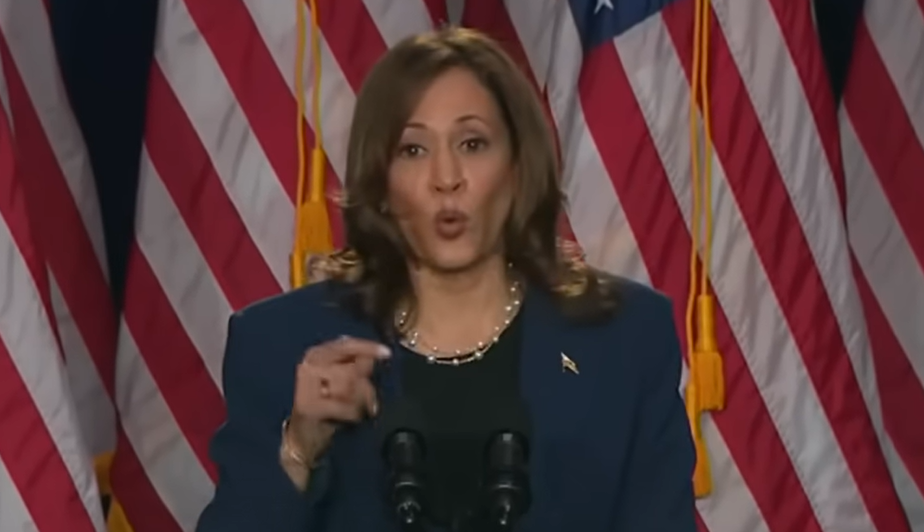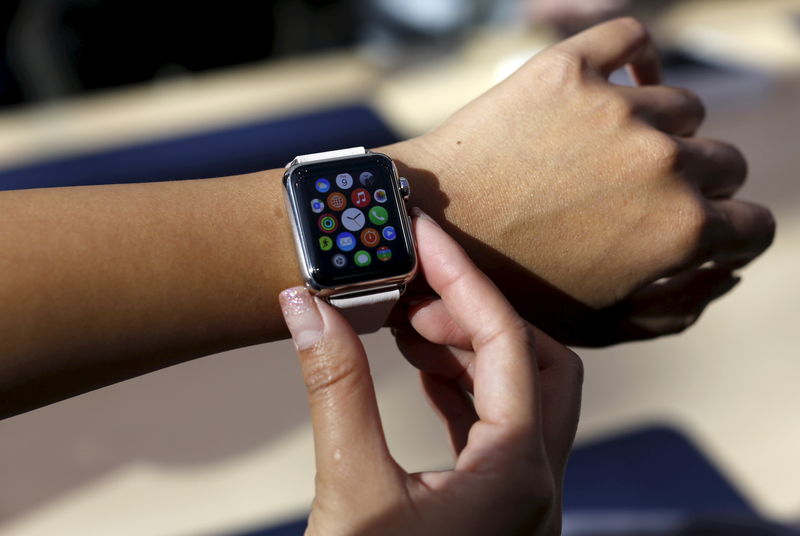It’s been hard to locate any reasonable military response for Russia at this point in its failed invasion of Ukraine. Because there isn’t one. So Moscow is now scrambling for the means to justify even more attacks on civilian infrastructure—and civilians—and it thinks it has that plan in the form of a series of “referendums” to be carried out in occupied areas of Ukraine over the next week.
In the so-called people’s republics of Luhansk and Donetsk, as well as in areas like Mariupol and Kherson, Russia is going to hold a vote. Not a vote on the kind of pseudo-independence that was the formal position of the areas it has occupied since 2014, but a vote that would make these areas “part of Russia.” Russia won’t be doing this in Crimea, because it already did so in the midst of its 2014 invasion, where they found an astounding 97% of the population super enthusiastic about joining Russia. That referendum took place less than three weeks after Russian tanks rolled across the border.
Russia has waited longer this time, but it now seems to be going down the same track. Russian Telegram channels report that in occupied areas of Zaporizhzhia, officials will go door to door “inviting” residents to cast their votes. Which is the kind of practice that might easily result in an overwhelming result of “please don’t kill my family.”
All of this has the obvious goal of allowing Russia to claim that Kherson, much of coastal Ukraine, and large portions of Donetsk and Luhansk Oblasts joined with Russia voluntarily. And then, being part of Russia, can be defended in the same way that the Kremlin would deal with a threat against Moscow or St. Petersburg, including the threatened use of tactical nuclear weapons.
It also opens the possibility of a “mobilization”—a sort of large-scale national draft which, under current Russian law, isn’t allowed unless there is an attack inside Russian territory. The referendums could give Vladimir Putin a checkbox so that the next bullet that landed in Lyman or Lysychansk was an excuse to pull the mobilization lever.
Likewise, the conscript soldiers who are forced to do required military duty in Russia are (supposedly) restricted from serving out of country. Earlier, there were many examples of making these people serve in Ukraine no matter what the law says, often by tricking or forcing them into signing a contract. The referendums could be used to remove that technical restraint from the occupied areas.
On Tuesday morning, U.S. National Security Adviser Jake Sullivan confirmed that Russian President Vladimir Putin intended to speak later in the day, and that he might institute some form of mobilization. Putin’s speech was described by Russian sources as “the biggest speech since the beginning of the special operations.”
The threat of mobilization was enough to drive prices of airline tickets from Moscow to anywhere through the roof, and create a spike in Google searches on “how to escape Russia.” Rumors circulating in social media suggested that, as of Tuesday evening in Moscow, men of military age would not be allowed to leave the country.
Mostly what the world did on Tuesday was … wait. Because Putin was over an hour late in beginning his speech, which was especially odd because the speech was supposedly pre-recorded. Perhaps Putin has defenestrated everyone in the AV Club.
As of this writing (3:20 PM ET), it is now after 10 PM in Moscow. Putin has missed his announced time for the speech by over two hours. There have been unconfirmed reports that Putin’s speech has been delayed until Wednesday. Or maybe it was Putin who stood too close to a window. Hard to tell.
That this speech, which was hyped repeatedly on Monday and early Tuesday as “the most important speech since the start of the special military operation,” has now been delayed surely means something. We just have no idea what that something might be. Is Putin getting pushback from inside military circles? Are his own oligarchs in revolt? Is whatever health problem that has caused his face to look like an overinflated balloon acting up?
An actual press attaché for the Kremlin is now posting: “The third world war has been moved to tomorrow, you can go to bed. See you tomorrow in the same place.” We assume that’s Russia’s idea of a joke. Maybe.
Putin’s speech appeared to be intrinsically tied to the announcements of the referendums. Have those also been delayed or changed in some way? Is Putin going to use this moment to raise the stakes and once again rattle a nuclear saber?
Chaos. That’s what this is.
Meanwhile, the European Union is considering a new round of sanctions against Russia in response to the referendum plan. After all, this is nothing short of annexation, and halting annexation is one of the principal reasons both the U.N. and E.U. exist.
There’s been a general assumption that Putin means to create some kind of mobilization which would allow Russia to flood Ukraine with new workers who, even without training, can take over the away-from-the-frontline positions, allowing soldiers to advance to the front. That presupposes that the incoming conscripts can do those away-from-the-front jobs, and that those who are moving to the front are capable of fighting. Neither of which is a good bet.
Russians seem to love cheering on Putin’s invasion … from a distance. It’s far from a sure thing to think they’ll peacefully shuffle out of Moscow to die in Kharkiv.
And the guys trying to organize this invasion couldn’t organize a speech.















